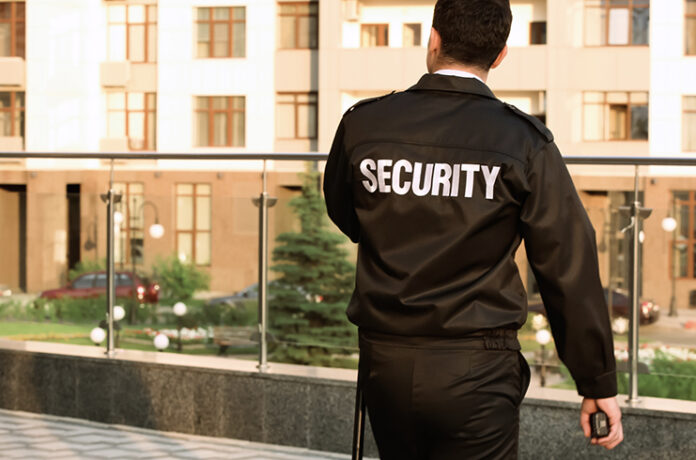
Security technology systems that provide access control, asset management and video surveillance are essential tools for hotel security managers to ensure compliance, reduce liability and to keep hotel guests and employees safe. One component of security technology that manages assets, tracks keys, and provides access control, all of which are crucial for reducing the risk of theft and other hotel security incidents, is electronic key control. Let’s review 3 essential habits that are a must for all hotel security managers to keep key control security procedures running smoothly.
Review and amend the key control policy quarterly
The start of the new year is an ideal time to review, audit, and update the master security plan for key control solutions. At the end of each quarter, conduct additional checklist audits of the hotel footprint and verify that every door and lock and all the keys that belong to them are included in the master key control plan. Whenever renovations or key and locking replacements are installed, the old keys must be replaced with the new keys and programmed into the electronic key control system. Conducting a quarterly key control audit ensures that there is less likelihood of anything missing from the plan, and timely audits make it easier for all review periods and year-end master security plan audits.
Assign staff members their specific keys only
All hotel departments can reap the benefits of increased productivity and efficiency fromelectronic key control systems. Key control systems secure and track all physical keys and lock away assets, such as food and beverage provisions, housekeeping supplies, equipment, computer hardware, and valuable items secured in storage areas. Electronic key control accounts for keys, assets, and individuals who use their assigned keys for specific times and purposes. Criteria can be programmed into the key control system to customize by date, time, days of the week, shifts and even by job title. All key removals and returns are automatically recorded, which is beneficial for security incident investigations. The system tracks which keys have been removed from the system and by whom, and when and where they have been returned.

Multi-factor authentication can also be programmed into the key control system for access to assets or items that are restricted or have compliance mandates. With multi-factor authentication, multiple authorized users for specific keys and assets must successfully sign in their credentials via PIN code, card reader, and/or biometrics before access to the sensitive keys is provided by the system.
Provide regular key control policy training
The ease of key control systems usage makes it straightforward for security managers and key control administrators to train employees. The main reason for an electronic key control system for hotels is to provide accountability and security for hotel property keys and assets. Keeping track of newly hired employees and those who have left their jobs is essential to keep the key control system current with a set of authorized users.
Adding and removing users is simple to do with on-screen prompts to follow. The system has many features, such as “notes,” which are helpful to add using the touchscreen interface for information or instructions needed to communicate to employees reporting to duty for subsequent work shifts. Besides the key control system, a written key control policy along with the rules for key control usage needs to be provided to each new hire as a component of their security training.
Staying organized when implementing a key control policy and electronic key control system can save the headaches of missing or stolen keys and unauthorized key usagethroughout the year. Also, reduced incidents of theft at hotel properties due to electronic key control system usage will positively impact profitability while keeping the hotel property, and its guests, more secure with increased safety and decreased liability.
For more information about key control for hospitality properties, read our whitepaper: “Security Practices for Hotels.”






